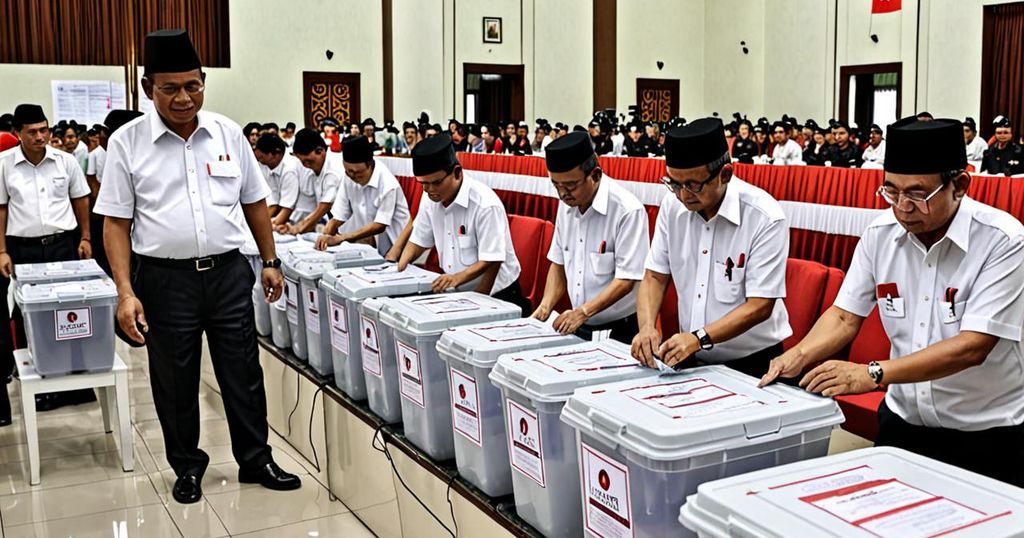Indonesia, a country with a troubled history marred by violent encounters in the 20th century, is currently grappling with the prospect of a resurgence of military rule under the leadership of a notorious general. General Prabowo Subianto, a former army officer with connections to the United States, has been associated with a series of large-scale killings in Indonesia and is now seeking the presidency.
To secure victory in the upcoming elections, Prabowo must garner 50% plus one of the votes in the initial round of voting on February 14th. Additionally, he must secure at least 20% of the votes in 19 of the 38 provinces in Indonesia. Despite his contentious past, Prabowo has amassed considerable support from state apparatus, including local officials and the military, who have employed their influence to sway voters.
Over the years, Prabowo has attempted coups and faced defeat in preceding presidential elections. Nonetheless, this time around, he is receiving backing from state authorities mobilized by President Joko Widodo. The integration of state resources in Prabowo’s campaign raises apprehensions about potential electoral misconduct and poses a threat to the democratic process in Indonesia.
Surprisingly, Prabowo, known for his history of human rights violations, is now being portrayed as an endearing and charming cartoon character named “Gemoy” in television advertisements. This strategy of rebranding aims to present a milder image of the contentious figure in an effort to sway voters.
The unexpected ascent of Prabowo has prompted concern, particularly given the support he is receiving from the current president. President Jokowi’s alignment with Prabowo, a former adversary, signals a significant shift in Indonesian politics. Despite previous public condemnations of authoritarianism and human rights abuses, President Jokowi has now formed an alliance with Prabowo, appointing him as the Minister of Defense in his administration.
The influence of influential figures, such as Tomy Winata, who openly expresses admiration for Prabowo and supports his presidential candidacy, adds another layer of complication to the situation. The endorsement from powerful individuals like Winata and the portrayal of Prabowo as a charming cartoon character appear to contrast his past involvement in violent military operations and human rights violations.
The disquieting transformation of Prabowo from a military figure linked to large-scale killings to a cartoon character tailored to voters suggests a troubling pattern in Indonesian politics. The potential resurgence of a contentious figure with a history of human rights abuses to a position of power raises concerns about the future of democracy in Indonesia. These developments underscore the necessity for transparent and equitable electoral processes to safeguard the country’s democratic principles.

Leave a Reply